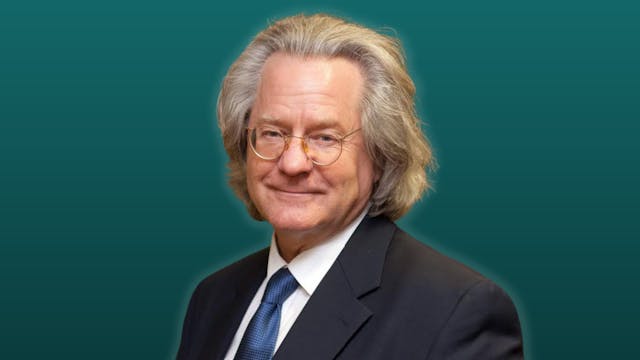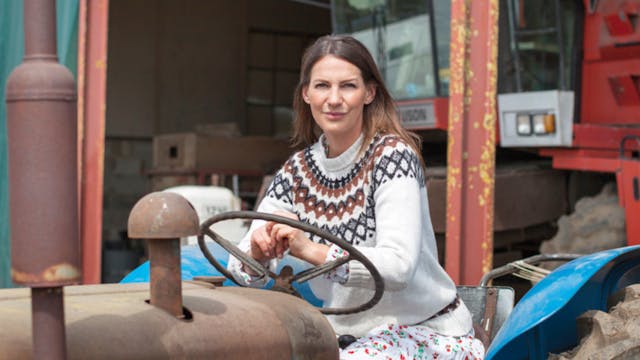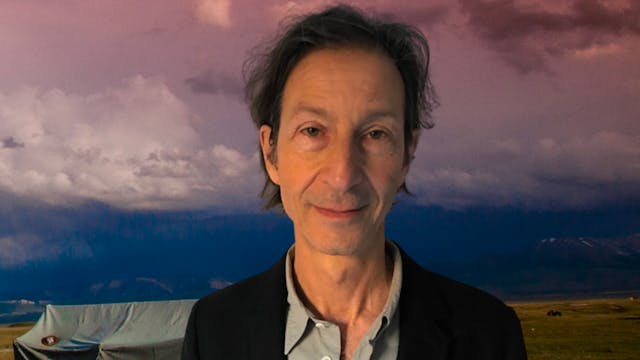Muhammad Yunus on a New Kind of Capitalism
History & Social Policy
•
1h 28m
These are the words of Muhammad Yunus, the Nobel Peace Prize-winning Bangladeshi economist world-famous for starting the microfinance movement. That movement is just part of Yunus’s mission to ‘put poverty in the museums’. A charismatic visionary, as much at ease with global leaders as he is with the poorest of street beggars, Professor Yunus believes every person can play a part in reducing poverty. And they can do this not by writing out a cheque to a charity or through hard-headed capitalism, but by means of a model that lies somewhere between the two. He calls this model social business.
As Professor Yunus likes to explain it, social business isn’t just about helping the poor – it can also help to change us. When we put on ‘social business glasses’ we start looking at the world and thinking about it in new ways. We bring fresh insight to our conventional profit-maximising companies and become more multi-dimensional, happier human beings in the process.
So what is a social business? It is one whose owners are motivated to solve a social problem such as unemployment. The difference between this and the more familiar social enterprise model is that the owners of a social business do not make money for themselves. Profits are ploughed back into the company instead of being paid out as dividends. And unlike a charity or NGO which has to rely on donations to keep running, a social business is profit-making and therefore financially sustainable.
Scale for Professor Yunus is all-important. In Colombia, for example, Yunus Social Business (YSB) financed a social business that has created a network of healthcare providers who offer 10,000 users, including the poorest of the poor, access to affordable and prompt healthcare. In Haiti, in order to address the spread of infectious diseases YSB set up a business to commercialise locally produced disinfectant. Now there are 100 points of sale that give 500,000 Haitians access to cleaning products at one-third of the usual market cost.
Up Next in History & Social Policy
-
A.C. Grayling on What We Now Know abo...
In May 2021 A.C. Grayling ,founder of New College of the Humanities, came to Intelligence Squared to take us on a journey through the history of science, psychology and history itself. In a special lecture drawing from his new book Frontiers of Knowledge he will describe how each field has advan...
-
Food, Land and a Farming Revolution w...
Sarah Langford was a barrister, living and working in the city. But then she found herself moving to the countryside, back to an agricultural life she thought she had left behind. There she saw farmers dealing with problems very different from those faced by her grandfather, who had helped to fee...
-
Nomads: The Untold History of Civilis...
Humans have been on the move for most of history. Even after the great urban advancement lured people into the cities of Uruk, Babylon, Rome and Chang’an, most of humanity continued to live lightly on the move and outside the pages of history. But recent discoveries have revealed the impact on ou...



